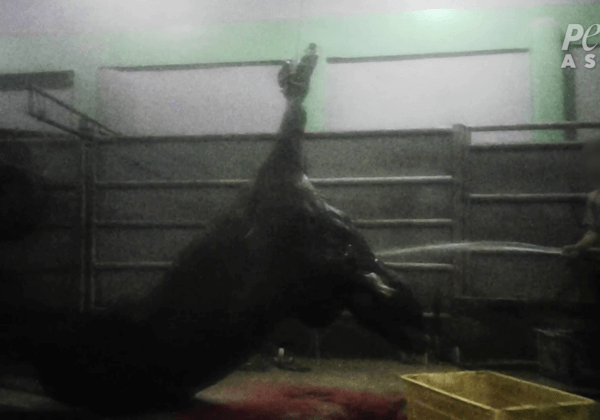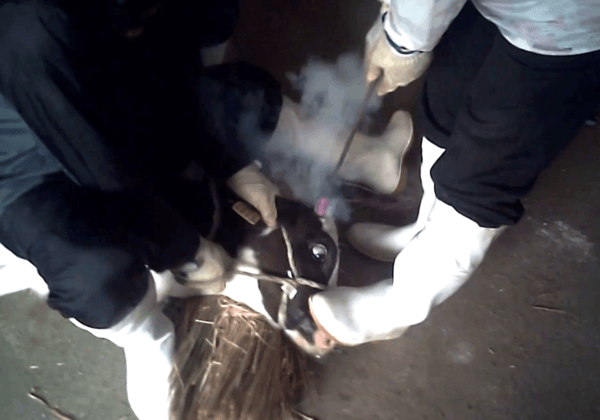Top 10 Tuesday: Vegetarian Myths
Going vegetarian won’t leave you with a protein deficiency or put you at risk for developing gout. We’re going to put those rumors to rest so that you can stop worrying and start heading down the road to a more compassionate and healthy lifestyle!
Myth 1: Vegetarians have trouble getting enough protein.
Nearly every food that we consume contains some protein. Healthy vegetarian foods that are high in protein include whole-wheat bread, oatmeal, tofu, mock meats, lentils, nuts, peanut butter, soy milk, beans (e.g., black beans, mung beans, kidney beans, and garbanzo beans), and more! You’ll have no trouble getting all the protein that your body needs if you eat a balanced diet.
Myth 2: Eating fish and other sea animals is good for you.
If you wouldn’t drink seawater, you shouldn’t eat sea animals. The flesh of certain fish and shellfish has been found to be 9 million times more toxic than the water that they live in. Consuming toxic fish greatly increases the risk of birth defects and various types of cancer and can damage the liver, kidneys, and nervous system.
Myth 3: Dairy products are a good source of calcium and are essential for bone health.
When it comes to healthy sources of calcium, dairy products can’t compare to beans, almonds, tofu, sesame seeds, soy milk, seaweed, and grains. A 12-year study of nearly 78,000 women found no evidence to support the claim that milk builds stronger bones. However, studies do show that the animal protein found in dairy products actually increases the risk of developing osteoporosis!
Myth 4: A vegetarian diet increases the risk of kidney stones and gout.
Gout, or metabolic arthritis, is the result of crystallized uric acid deposits in the joints and cartilage. Scientists have found that eating a vegetarian diet can actually reduce the risk of gout. Participants in one study who consumed a vegetarian diet showed the lowest risk of uric acid crystallization—93 percent lower than the participants who consumed a diet high in animal protein.
Research also appears to debunk the idea that a vegetarian diet causes kidney stones. A study found that people who consumed a diet based on animal protein actually had a higher risk of developing certain types of kidney stones than those who consumed a diet based on vegetable protein—even when both groups consumed the same amount of protein.
Myth 5: Eating meat is the best way to get iron.
Nonsense! Iron is available in all kinds of foods, from beans to whole-wheat bread. A study published in the American Journal of Clinical Nutrition found that there were no significant differences between the iron deficiency rates of meat-eaters and those of vegetarians.
To be continued …









